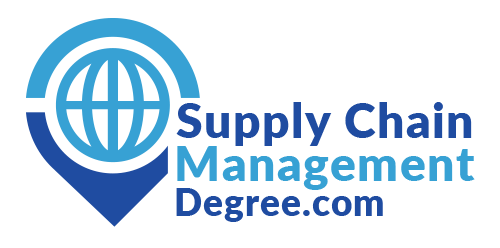The Importance of Industry Connections in Supply Chain Programs
In the intricate web of global commerce, supply chain management is the glue that holds everything together. From sourcing raw materials to delivering finished products, the efficiency and effectiveness of supply chain programs can make or break a business. However, beyond the internal processes and strategies, there’s another crucial element that often gets overlooked: industry connections.
In today’s interconnected world, building and maintaining strong relationships within the industry is essential for success in supply chain management. These connections not only facilitate the smooth flow of goods and information but also provide invaluable support in navigating the complexities of modern business environments. Let’s delve deeper into why industry connections are so vital for supply chain programs:
Access to Resources and Expertise: Industry connections open doors to a wealth of resources and expertise that can significantly benefit supply chain programs. Whether it’s accessing specialized equipment, leveraging the knowledge of industry veterans, or tapping into best practices from leading organizations, these connections provide invaluable support in optimizing supply chain operations.
Risk Mitigation and Resilience: In a world fraught with uncertainties, having a network of industry connections can serve as a safety net for supply chain programs. By diversifying suppliers, establishing alternative logistics routes, or sharing risk management strategies with peers, organizations can enhance their resilience to disruptions and mitigate potential risks more effectively.
Market Intelligence and Insights: Staying ahead of the competition requires a deep understanding of market trends, consumer preferences, and industry dynamics. Industry connections provide access to valuable market intelligence and insights that can inform strategic decision-making within supply chain programs. Whether it’s identifying emerging opportunities or anticipating shifts in demand, these connections offer a competitive advantage.
Collaboration and Innovation: Collaboration is at the heart of successful supply chain management. Industry connections foster collaboration among stakeholders, enabling organizations to pool resources, share innovative ideas, and co-create solutions to common challenges. By working together with industry partners, supply chain programs can drive continuous improvement and innovation across the entire value chain.
Career Development and Growth: For professionals working in supply chain management, industry connections are invaluable for career development and growth. Networking with peers, attending industry events, and participating in professional associations provide opportunities for learning, mentorship, and career advancement. These connections not only broaden one’s knowledge base but also open doors to new career opportunities within the industry.
Industry connections are a cornerstone of success in supply chain management. From accessing resources and expertise to mitigating risks, gathering market intelligence, fostering collaboration, and supporting career development, these connections play a pivotal role in driving the efficiency, resilience, and innovation of supply chain programs. As businesses navigate the complexities of today’s global marketplace, nurturing and leveraging industry connections will remain essential for staying ahead of the curve.



